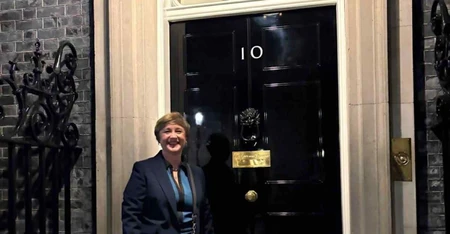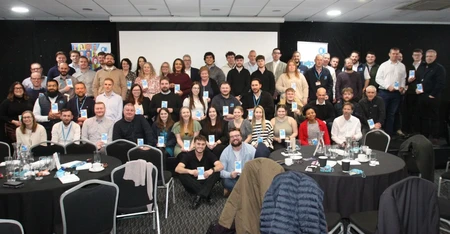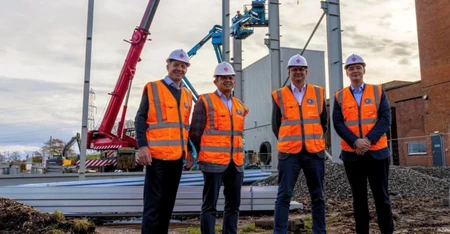In our news section, you'll find our latest press releases on testing, inspection and compliance.
We will also keep you up-to-date with SOCOTEC's business activities, including our latest innovations, client wins and information about the events we are attending.
For media enquiries, please contact mandc@socotec.com
For the latest Health and Safety news, click here for our 4warned newsletter.
Read the latest company news:
News

SOCOTEC UK & Ireland makes multi-million pound apprenticeship investment
Read +

SOCOTEC represented at Downing Street for Employment Rights Act launch
Read +

SOCOTEC Expands Irish Operations with New Dublin Office Opening
Read +

Guidance on Temporary Protective Covering Materials on Scaffolding
Read +

H+R present services at annual building heritage exhibition
Read +

SOCOTEC UK & Ireland celebrates record number of learners with Earn and Learn graduation ceremony
Read +

Fire Testing Firm Breaks Ground on Major Expansion, Set to Add 20 Jobs and Double Existing Capacity
Read +

SOCOTEC UK & Ireland top talent comes together for annual Fire Division Conference
Read +

SOCOTEC UK & Ireland maintains Gold status with The 5% Club
Read +



